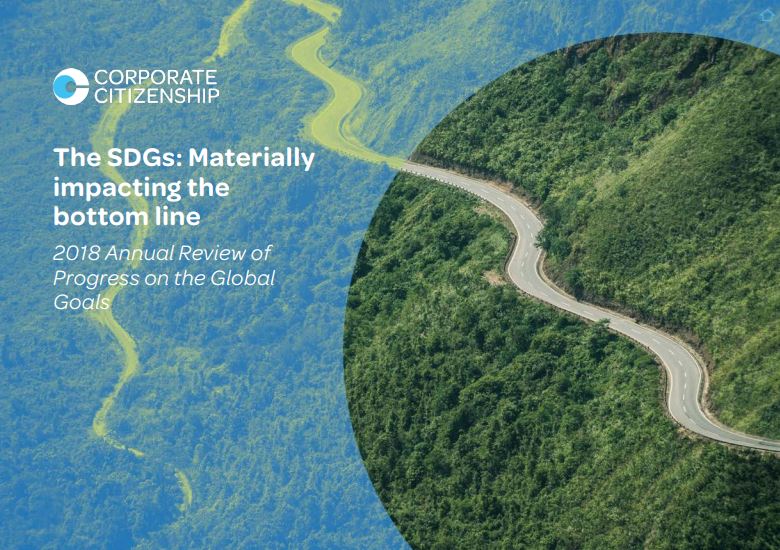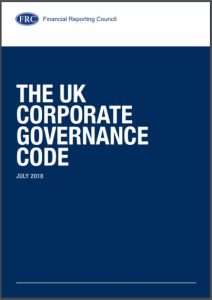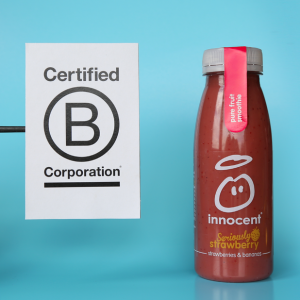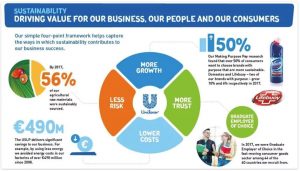Mike Tuffrey, Co-founder of Corporate Citizenship, reviews a personal account of the inner workings of corporate sustainability at one of the world’s most recognisable brands.
A “sustainability page-turner” is not a description one often finds associated with books in the usually heavy-going world of corporate responsibility. In the case of The Battle to do Good: inside McDonald’s sustainability journey, just published in hardback by Emerald Publishing, the marketing claim rings true.
Bob Langert, the book’s author, takes us on his 25 year journey from being given a “temporary environmental assignment” in the late 1980s to overcome opposition to the polystyrene clamshell, then littering America’s streets, to his retirement in 2015 as McDonald’s first ever vice president for sustainability. Along the route we learn about chicken welfare standards, the infamous McLibel trial, Amazonian deforestation, childhood obesity, workers’ rights, much more on packaging, and many other topics too.
This journey started in denial, morphed into reactive harm-reduction on individual issues, then grew into a formal corporate strategy first agreed in 2010, and ended with a five year plan, the 2020 Sustainability Framework, with pillars around sourcing, planet, food, people and community. That’s a journey many large companies have travelled in parallel, although few so much in the public spotlight and with so many individual customers intimately involved – 3.8 million every day served in the UK alone.
Continue reading











